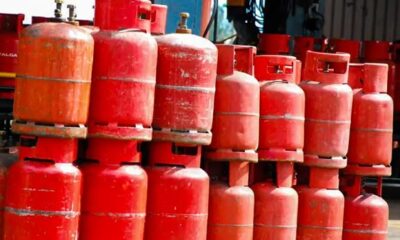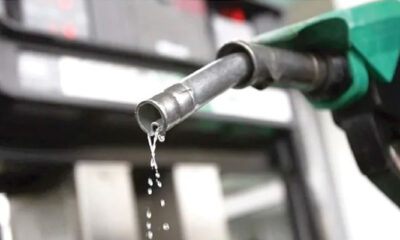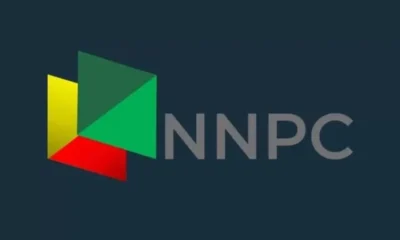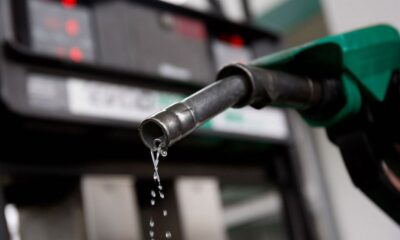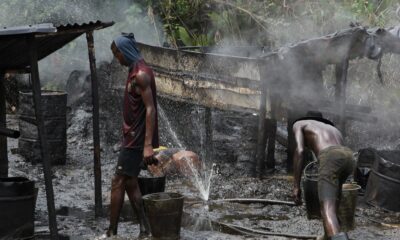NEWS
FG may sell two of its refineries

 There are indications that the Federal Government will sell two of its three crude oil refineries that are found to have become commercially unviable as part of measures to boost the nation’s refining sector.
There are indications that the Federal Government will sell two of its three crude oil refineries that are found to have become commercially unviable as part of measures to boost the nation’s refining sector.
The two refineries likely to be sold, according to a report of the Nigerian National Petroleum Corporation obtained by our correspondent on Friday, are the Warri Refining and Petrochemical Company and the Kaduna Refining and Petrochemical Company
The NNPC said last week that the consolidated capacity utilisation of the three government-owned refineries dropped to 23.09 per cent in May, from 24.59 per cent in April.
The third refinery being managed by the NNPC is the Port Harcourt Refining Company.
Although the Ministry of Petroleum Resources, in the new National Petroleum Policy approved by the Federal Executive Council, said the government aimed to make the refineries successful and commercially viable enterprises, it stressed that government was ready to sell any of them that failed to meet respond promptly.
It said, “They will be encouraged to become so and will be supported as much as it is within the government’s ability to do so. Each refinery will be given a transition period in which to set themselves up on their own feet.
“Ultimately though, if a refinery fails to make the transition and become commercially viable, the petroleum policy is for the government to divest (sell off), grant a concession or if necessary, close down any non-performing government-owned refinery. In either instance, the site may be handed over to a suitably qualified private sector developer to build a new refinery facility on the same site.”
According to the policy document, of the three NNPC refineries, Port Harcourt is expected to be the best place to succeed.
It said, “It has installed its own independent gas-fired power supply; it has undertaken its own turnaround maintenance; it is close to jetties and the pipeline length from crude oil suppliers is short (less of a pipeline security risk), and it is operationally ready to produce refined products to international standards, although the cost structure is still not right.
“Of the three, Kaduna is perhaps the least ready currently because of its distance from crude oil supplies and reliance on a poorly maintained crude oil pipeline.”



